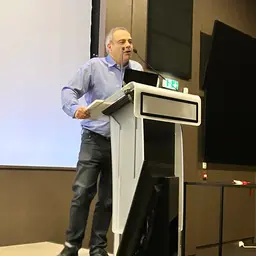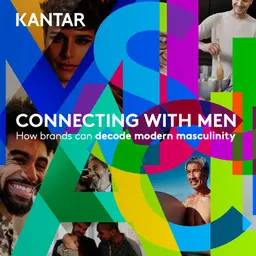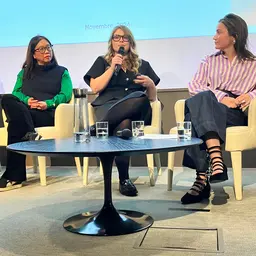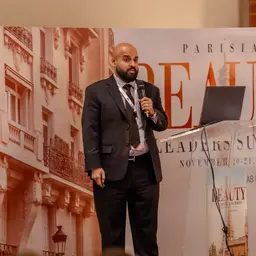
"The question we will have to ask ourselves is whether we want 80 to 90 years as humans 1.0, or 200 to 300 years as trans-humans 2.0 or more,"re-fabricated" partially or totally? This is how Laurent Alexandre, one of the experts on the technologies of the future and author of La mort de la mort (JC Lattès, 2011), poses this new problem for us.
The face-to-face between bio-conservatives and bio-progressists will increase. From the repaired man to the augmented man, there is only one step that will inevitably be taken. Many technologies will advance knowledge and propose new paradigms: genomics and gene therapies, stem cells, nanomedicine, protective or restorative nanotechnologies, hybridization between man and machine are technologies that will revolutionize all our relations with the world in a few generations. Some experts predict that life expectancy will at least double in the 21st century.
In areas close to our own, several recent events illustrate this point. That's how David Sinclair, already well known in the longevity research community, proposes a new breakthrough after his contributions on sirtuins. Several research teams, Australian and American, have done interesting work in the field of aging. By studying DNA, they have understood how to make the (classical) genome communicate again with the mitochondrial genome thanks to a molecule well known to biologists and biochemists, called NAD (Nicotinamide adenine dinucleotide), present in large quantities when we are young and which is decreasing rapidly.
The Korben.info website reports that"by acting on this process, they have not only stopped ageing, but have succeeded in reversing it. The mouse tests are conclusive. …













